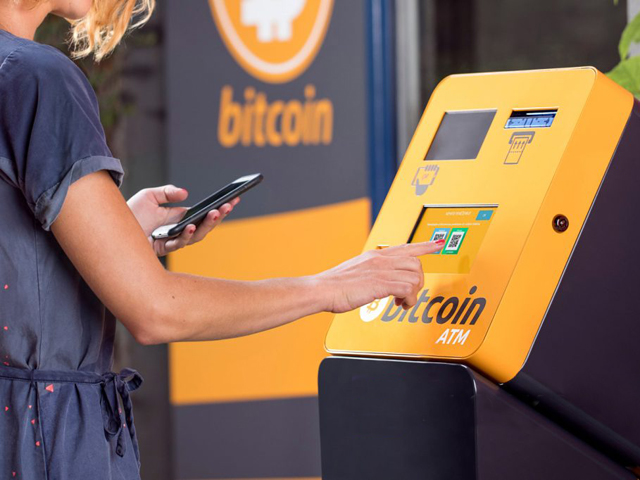By Jude Ayua
A mobile-phone shop owner in Kent, United Kingdom (UK), has been charged for illegally operating automated teller machines (ATMs) for cashing crypto assets. The BBC News reported this on 28 August 2024.
The Kent Police executed a search warrant at the shop situated in Chatham’s High Street on 28 April 2023, during which they confiscated an undisclosed number of crypto ATMs. The shop owner, Habibur Rahman, aged 37, of Langdon Crescent in East Ham, London, has now been arrested and charged with operating the machine without approval from the Financial Conduct Authority (FCA). He is also said to have allegedly laundered £300,000 by changing it from cash into cryptocurrency.
The FCA regulates financial services firms and markets in the UK. Since the emergence of crypto ATMs in the UK, the FCA required the operators of crypto ATMs to register with it. In effect, non-registered operators became illegal. In 2022, the FCA warned all illegal operators to shut down. Notwithstanding, there is no record of a registered operator. Prior to the warning, the FCA published a list of 110 firms that were yet to register with it.
In 2023, the FCA carried out several operations leading to crackdowns on illegal crypto ATMs. During an operation in East London in March 2023, Mark Steward, Executive Director of Enforcement and Market Oversight at the FCA emphasized that: “Crypto ATMs operating without FCA registration are illegal and, as today shows, we will take action to stop this.” In June 2023, the FCA reported to have disrupted 26 machines operating unlawfully across the country, following an investigation that began in May 2023.
However, according to Kent Police, Mr. Rahman was the first person to be arrested for the offense. He has been bailed and is to attend the Medway Magistrates’ Court on 10 October 2024.
Read also: Crypto was supposed to revolutionize payments, right?
The Rise of Crypto ATMs around the World
There has been a rise of crypto ATMs around the world since Covid. The first crypto ATM in Canada opened in November 2013. It was also the first Bitcoin ATM in the world, according to the BBC’s report. As of October 2022, Cointelegraph reported there were 38,804 crypto ATMs globally. In the United States, there are over 19,000 crypto ATMs across the country, according to a Statista report in August 2024. As of April 2023, CoinATMRadar reported there are only 27 Bitcoin ATMs in Africa.
According to CoinATMRadar’s report, there are two crypto ATMs in Nigeria, both located in Lagos. Although the Central Bank of Nigeria (CBN), which watchdogs banks and other financial institutions, has been hostile toward cryptocurrency, it has not been reported to have acted against the crypto ATMs in the country. While Nigeria’s Securities and Exchange Commission (SEC) is leading the regulation of cryptocurrency in the country, the CBN remains the top financial regulator. The SEC has introduced rules and programs, such the Accelerated Regulatory Incubation Program and the Regulatory Incubation to license digital assets operators in Nigeria. Nevertheless, the licensing of crypto ATM operators is within the powers of the CBN. Therefore, unlike in the UK where the FCA has clearly stated its position about crypto ATMs, the legality or illegality of the crypto ATMs in Nigeria is uncertain. However, no law presently criminalizes it in Nigeria.
As cryptocurrency among other digital assets is revolutionizing the financial sector through decentralization and empowering people across the world, regulation remains key to ensuring compliance and user protection. Crypto ATMs are a welcome innovation, and for it to be sustained, operators must comply with applicable regulatory requirements.
Read also: Tether (USDT) Stablecoin: Use Cases and Pros and Cons You Should Know
Discover more from Crypto Asset Buyer
Subscribe to get the latest posts sent to your email.





